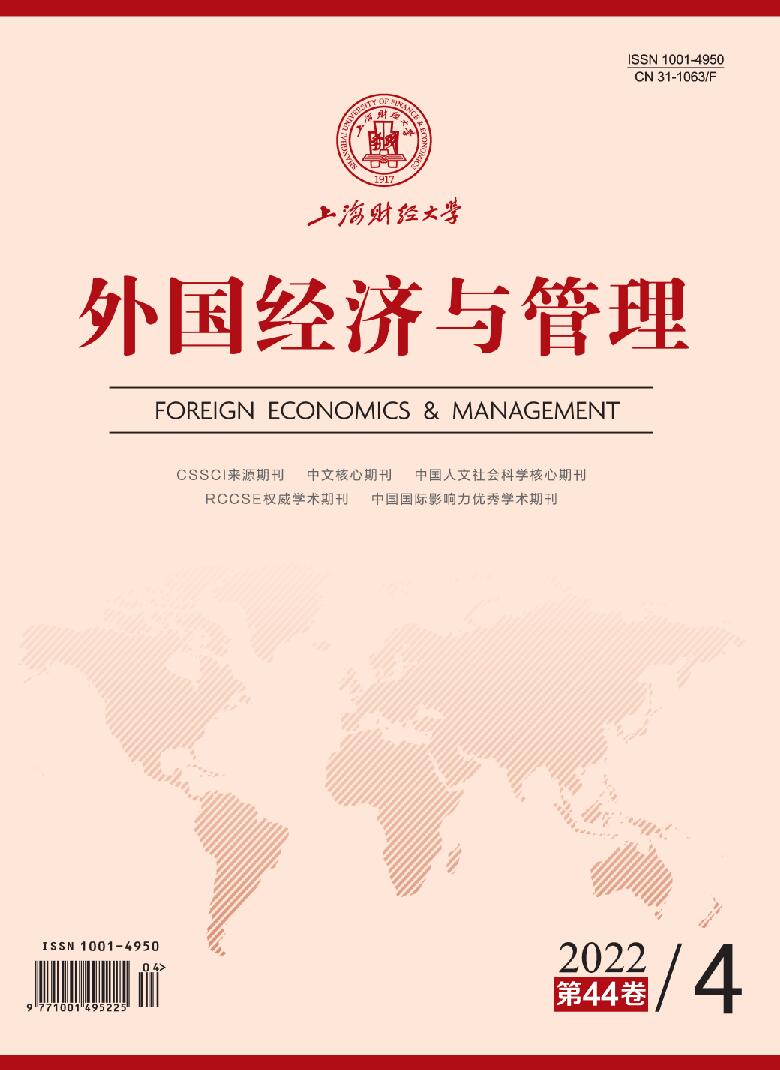Privacy is the tranquility of the private life of a natural person, and the private space, private activities, and private information that he is unwilling to be known to others. In a broad scope, the economics of privacy concerns the balancing of public and private spheres between individual, organizations and government. In a narrow scope, the economics of privacy also concerns the individual or societal tradeoffs between personal information protection and sharing. There are many themes and areas of the economics of privacy but no consistent conclusion. Therefore, it is of important theoretical and practical significance to review the existing studies of the economics of privacy and their findings to motivate further researches. We provide a “supplement-demand-equilibrium-economic consequence” framework to review the classical and most recent studies on many important issues, such as the decisions about disclosure of personal information, usage and demand of personal information, pricing on personal information as well as the consequence of privacy protection or the arrangement of the right of privacy.
The existing studies demonstrate that the personal information disclosure is not a totally rational decision-making procedure, and non-standard preference and beliefs such as ambiguity aversion, time inconsistence, framing effect, non-Bayesian belief updating all impact the personal information sharing and protection. It is not necessarily profitable for firms to use behavior-based price discrimination based on collecting and digging personal data because customers will switch to the opponent of the firm and the competition will be more aggressive. Therefore, the welfare of customers may even be higher facing targeting pricing. The targeting advertising may be more effective when the platform becomes unable to use customers’ privacy, since privacy regulation may make the customers concern less about their privacy and the averse to privacy loss is lower. The power of incumbent firms may increase through the collection of personal data. Privacy protection leads to the income redistribution effect, and influences innovation significantly. To maintain economic growth and technology adaptation, it is necessary to find a proper property right institution of personal data to solute the tradeoff between economic efficiency and privacy. However, it is hard to design such a mechanism to facilitate the sharing and protection of the right of privacy, and the anti-discrimination, income equalization and social order effect of privacy protection is also needed to be considered.
We then highlight some directions of future research, which may include the regulation on property right of personal data, more empirical researches, the neural underlying and nudge mechanism of personal information disclosure, and the economics of privacy in Chinese situation. Our contribution to previous studies is three-fold: We clarify the core questions that the economics of privacy tries to answer; we then provide a framework based on the strategic behavior and equilibrium of the privacy supplement and demand side agencies to systemically survey the economics of privacy; furthermore, we highlight some future topics of privacy economics studies.





 7931
7931  10764
10764

